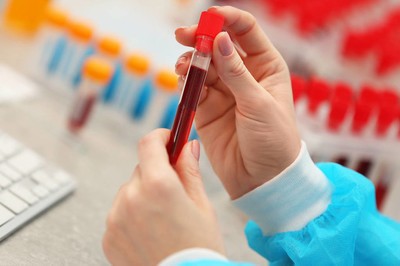



Amanda Pedersen
For expectant mothers, few things are more valuable than information about the health of their unborn child and the likelihood that they will carry the baby to term. Recognizing both the clinical and economic value of identifying high-risk pregnancies early on, Sera Prognostics is developing a biomarker test for predicting very preterm birth.
Gregory Critchfield, MD, CEO and chairman at Sera Prognostics, told MD+DI that the company set out to address preterm birth because one out of every 10 pregnancies in the United States end in preterm birth and the healthcare system spends $32 billion a year on treating complications associated with that.
¡°The problem is that we lacked the tools to tell us earlier in pregnancy who the patients are that are at the highest risk that we can intervene in earlier with the intention of actually improving the health and improving the health economics," he said.
The Salt Lake City, UT-based company recently announced the publication of data in a large, independent, contemporary prospective U.S. clinical cohort study, dubbed TREETOP, in the American Journal of Obstetrics & Gynecology Maternal Fetal Medicine. Sera said the results of the study demonstrate that the PreTRM biomarker test can be used to predict very preterm birth, (infants born before 32 weeks of gestation) as well as increased length of neonatal hospital stay and severe adverse neonatal outcomes. The study authors conclude that the PreTRM test may serve as an important new tool for healthcare professionals and payers to identify at-risk women early in their pregnancies, enabling doctors to implement preterm birth preventive strategies and direct them to appropriate levels of care.
PreTRM is a serum-based proteomic test that uses the ratio of insulin-like growth factor-binding protein 4 (IBP4) to sex hormone-binding globulin (SHBG) to predict the risk of preterm birth. It is the only such clinically validated, commercially available blood test, Sera noted. The PreTRM test provides an early and individual risk prediction for preterm birth in asymptomatic, singleton pregnancies.
Critchfield said the company's plan is to commercialize the test through payers based on compelling data that the test improves health outcomes and health economics. The idea is that payers won't be able to ignore the savings associated with having this information earlier, nor will they be able to ignore the benefit the test provides to mothers and babies.